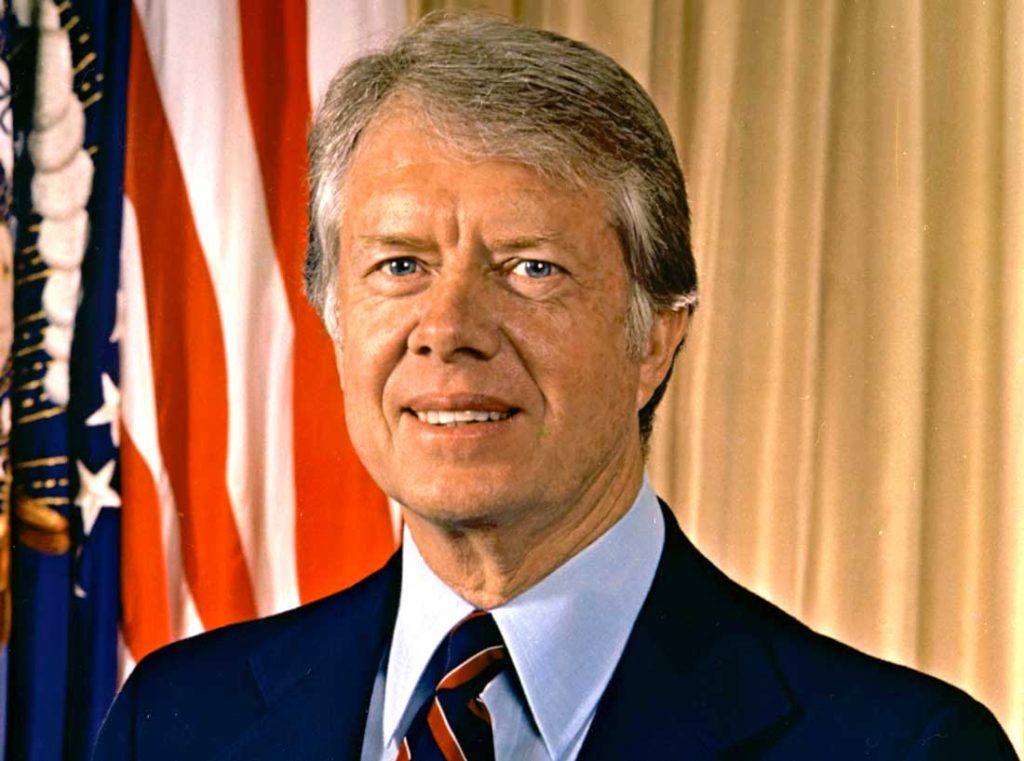
As the United States mourns the loss of Jimmy Carter, the 39th President of the nation, who passed away at the age of 100 in his beloved hometown of Plains, Georgia, tributes from around the world have poured in, celebrating not only his time in the Oval Office but also his remarkable post-presidency life, which arguably eclipsed his single term in office in terms of impact and recognition via his invaluable service and dedication.
Let’s see how his exemplary life and work sets him aside from others.
A presidency amidst crisis
Jimmy Carter’s presidential term from 1977 to 1981 had significant challenges, including economic stagnation, the energy crisis, and the Iran hostage situation, ultimately shaping his one-term legacy.
However, his tenure also shone bright with achievements in foreign policy and domestic initiatives that set him apart from his predecessors and successors.
Nobel Peace Prize
Carter was awarded the Nobel Peace Prize in 2002 for his relentless efforts to resolve conflicts, advancing democracy, and championing human rights via economic and social development.
His most notable diplomatic achievement was the Camp David Accords, which made a peace treaty between Egypt and Israel possible.
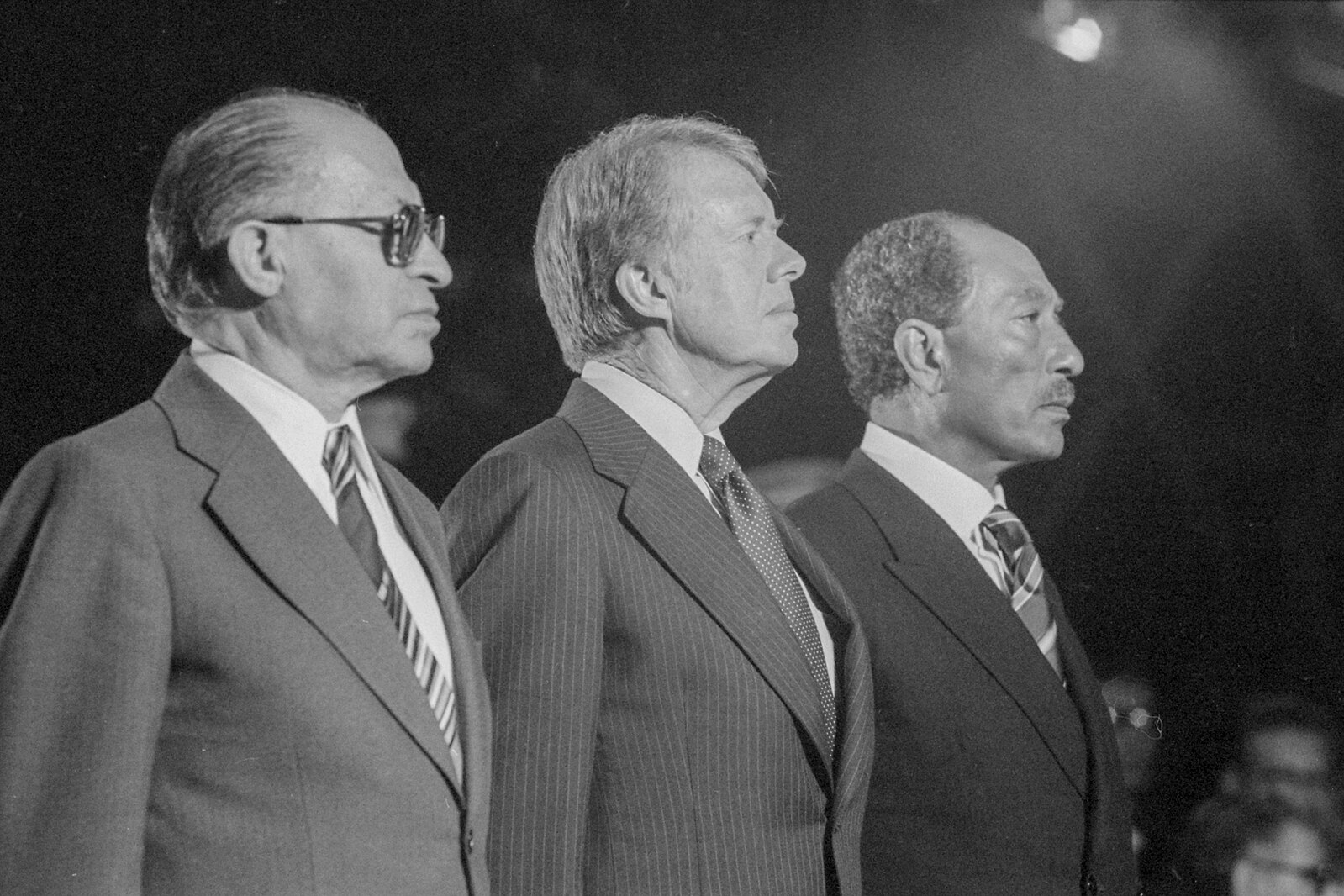
Carter visited India in 1978 after the end of the emergency and addressed the Parliament, where he glorified democracy and refuted authoritarian rule.
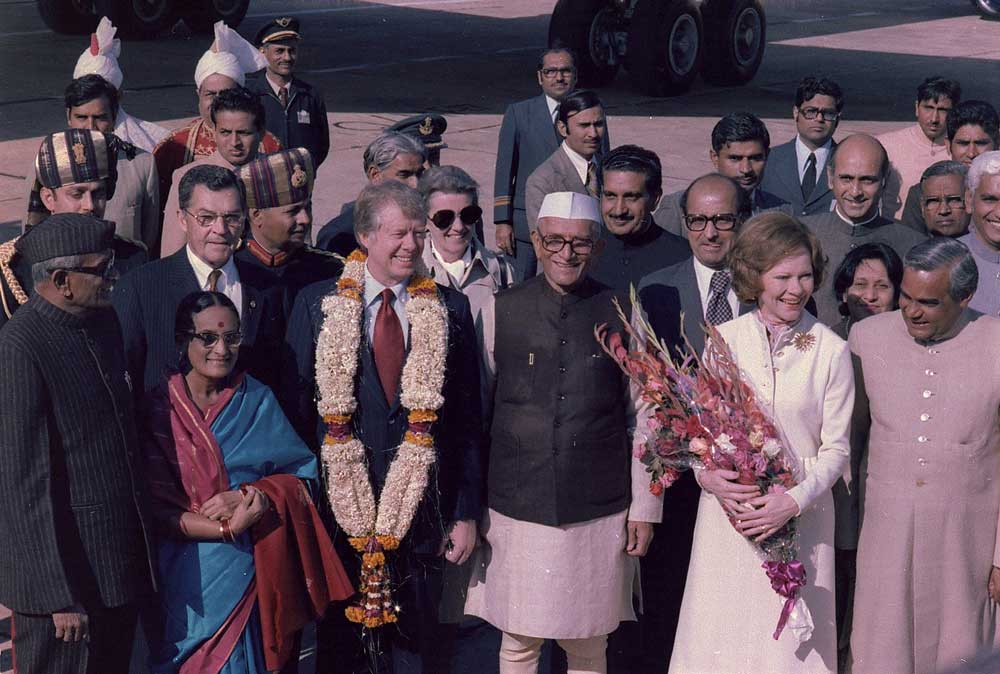
A man who prioritized environment and government reforms
He was the first US president to prioritize environmental issues, establishing the Department of Energy to address the energy crisis and signing legislation that protected millions of acres of Alaskan land, contributing significantly to America’s environmental legacy.
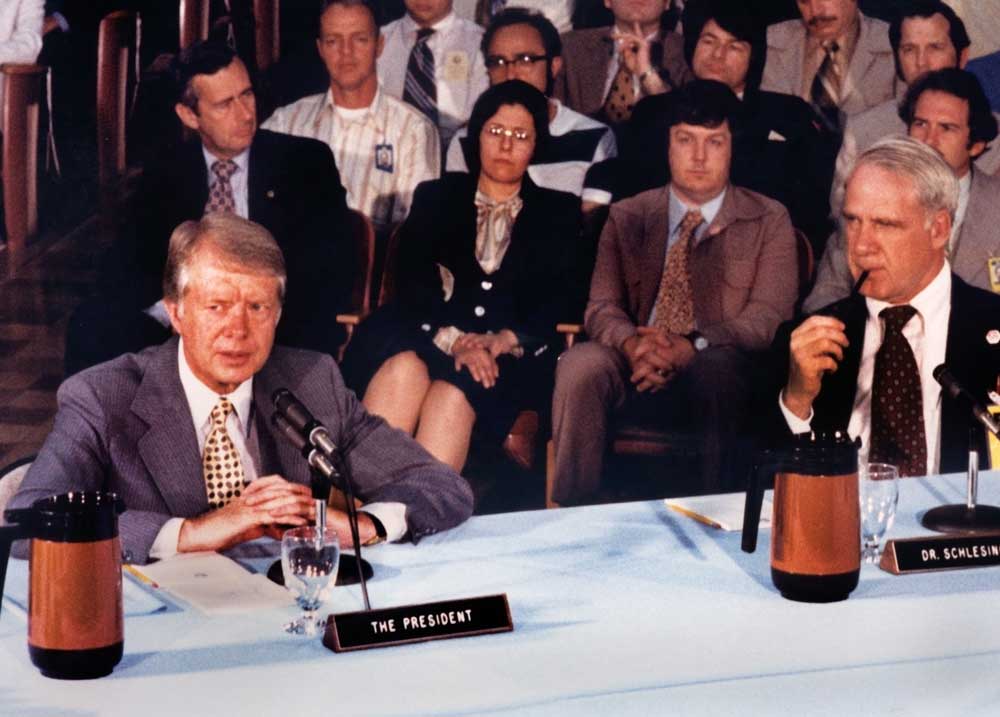
Carter’s administration also focused on government reform to increase efficiency. He established the Department of Education, recognizing the importance of education in national development.
A humanitarian with post-presidency like no other
What truly distinguished Jimmy Carter from many former US Presidents was his life after the White House. His commitment to humanitarian work through The Carter Center, which he co-founded with his wife Rosalynn in 1982, has been unprecedented.
Carter’s work in eradicating diseases, notably Guinea worm disease, has been transformative. When he began this initiative, millions were affected, but now the disease is almost extinct, with only a few cases reported annually.
Through The Carter Center, Carter monitored elections worldwide, ensuring fair democratic processes, and he continued to champion human rights, often engaging with leaders of countries ostracized by official US policy.
His hands-on involvement with Habitat for Humanity, where he helped build homes for the underprivileged, symbolized his commitment to service, humility, and the belief in the dignity of labor.
Even in his later years, Carter maintained a role in international mediation, from North Korea to the Middle East, often engaging where others would not, showcasing his dedication to peace over political gain.
A legacy of integrity and modesty
Carter’s personal life was as compelling as his public one.
His marriage to Rosalynn Carter, lasting 77 years, set a record for the longest marriage of any US presidential couple.
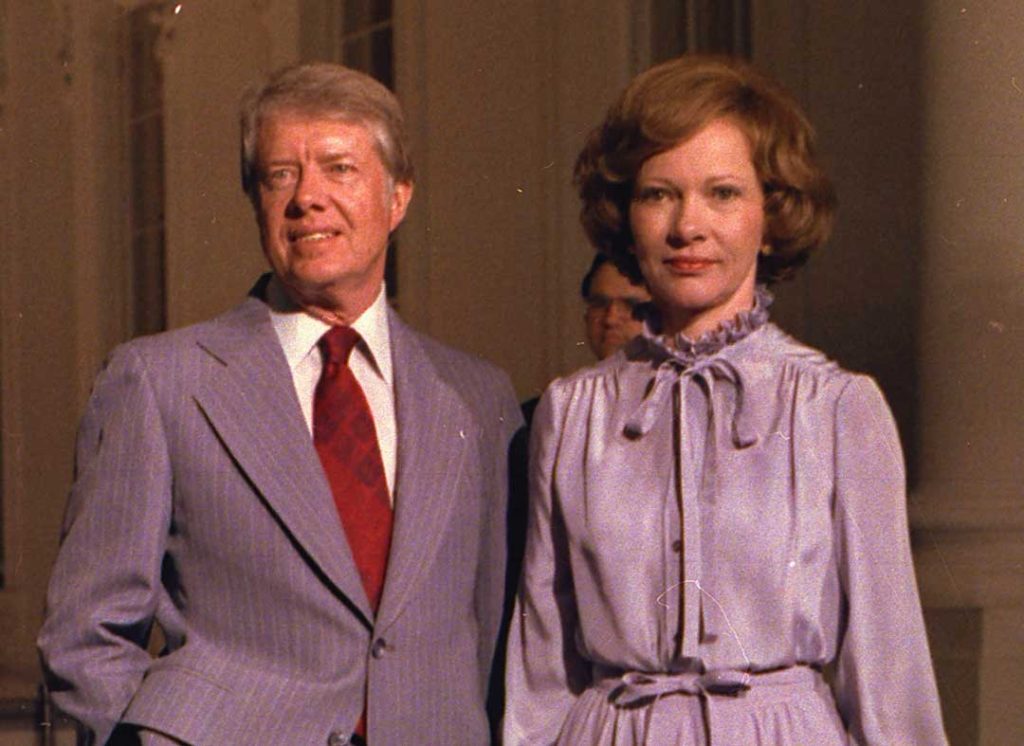
Known for his deep Christian faith, he taught Sunday school well into his 90s, embodying a life of service that resonated with people across the globe.
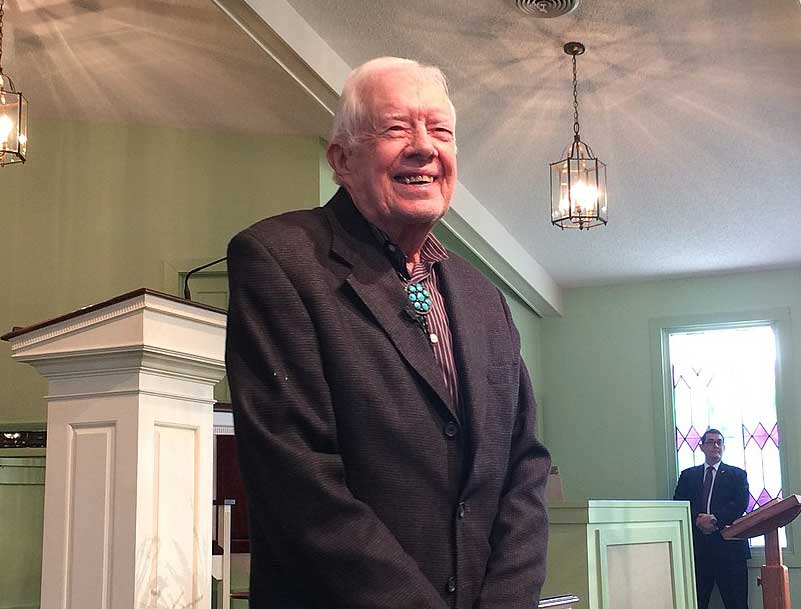
Tributes from figures like President Joe Biden, who declared a National Day of Mourning, and from across the political spectrum, from Donald Trump to Barack Obama, have highlighted Carter’s integrity, his approach to leadership, and his post-presidential service.
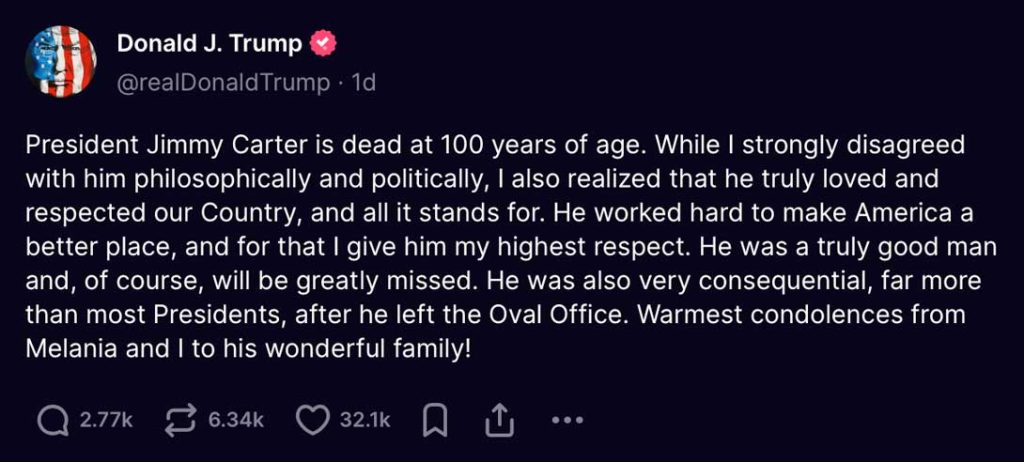
Carter’s life was a testament to the idea that the measure of a leader is not just in their time in power but in their enduring service to humanity. As we remember Jimmy Carter, we celebrate not only a US president but a true humanitarian and a global citizen.